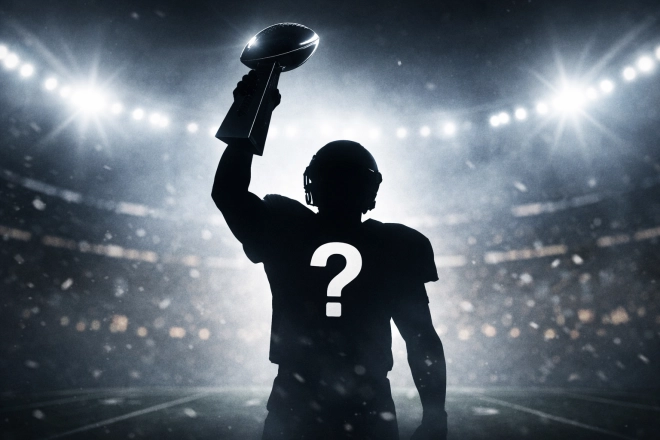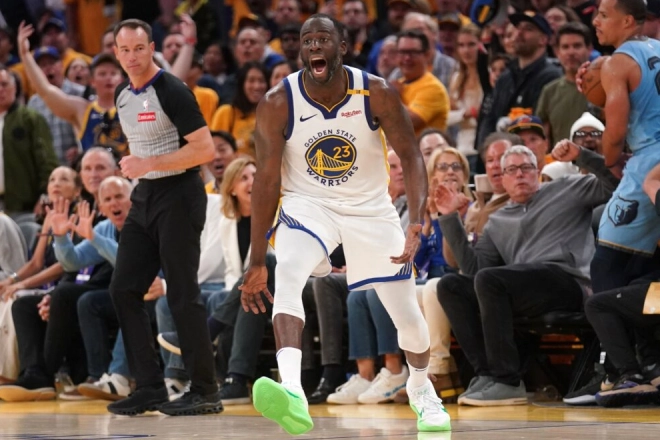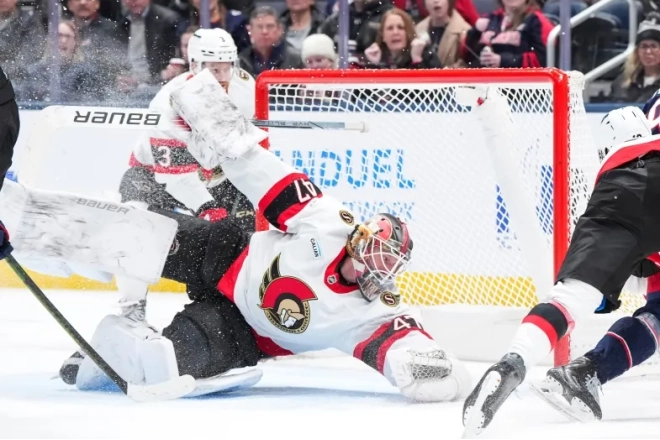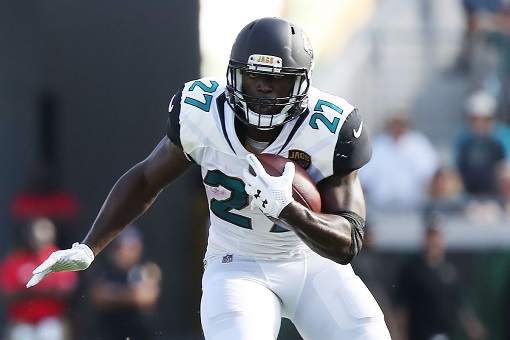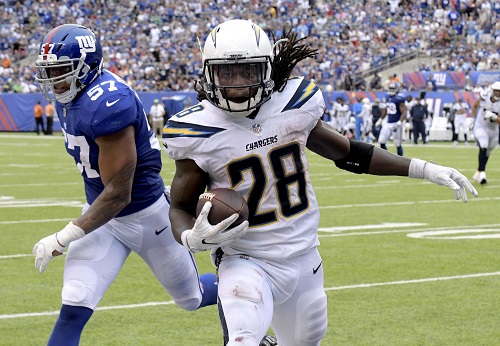
- Details
- Brian Murphy
- NFL
Whether you're getting set for your fantasy playoff matchup or still trying to punch your postseason ticket, view these Week 13 running back ranks from ASL's Brian Murphy.
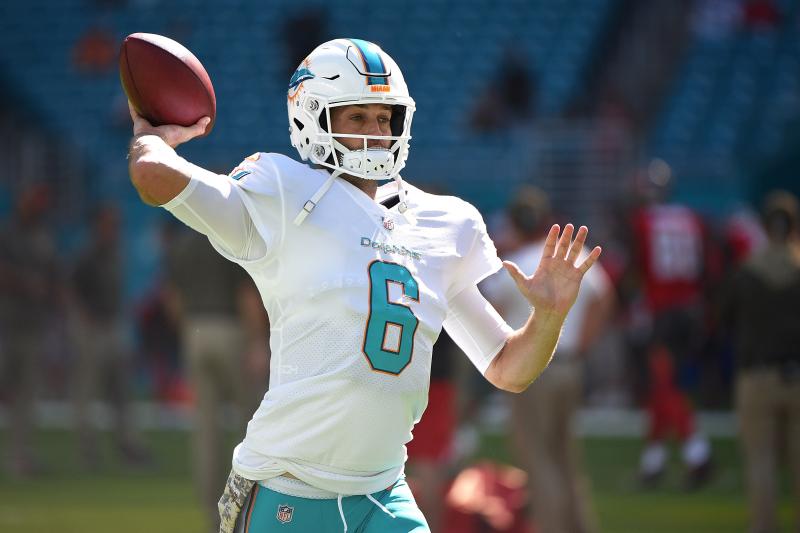
- Details
- Daniel Brown
- NFL
Looking for a last-minute waiver wire addition? Someone who can help your team this week in what could be the first week of your playoffs or a must-win game? ASL's Daniel Brown has six suggestions for you to consider.
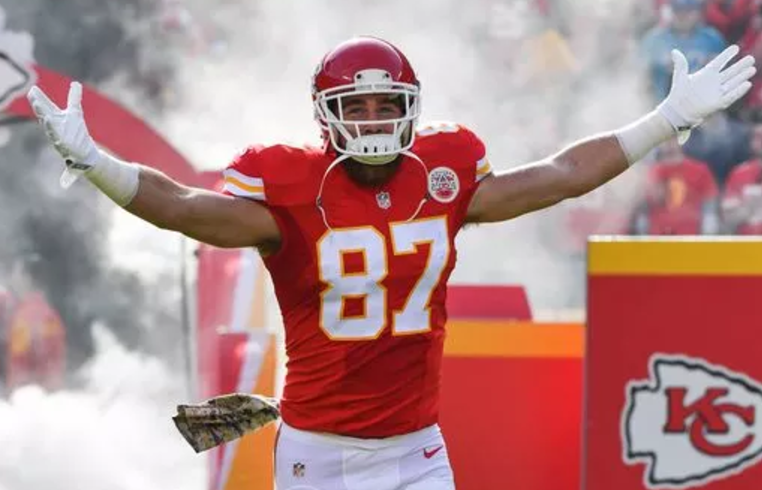
- Details
- Levi Andrew
- NFL
Stuck in the wasteland that is tight end? Use Levi Andrew's Week 13 TE ranks as your guide.
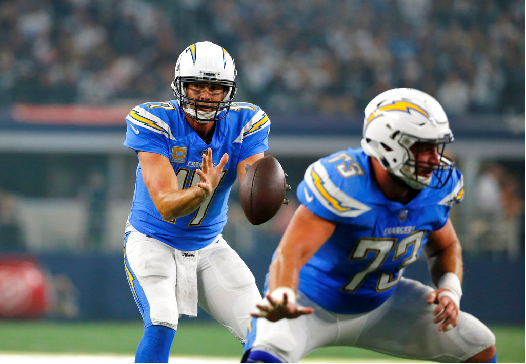
- Details
- Levi Andrew
- NFL
If you are trying to make that last-minute playoff push, you better check out these Week 13 QB ranks.
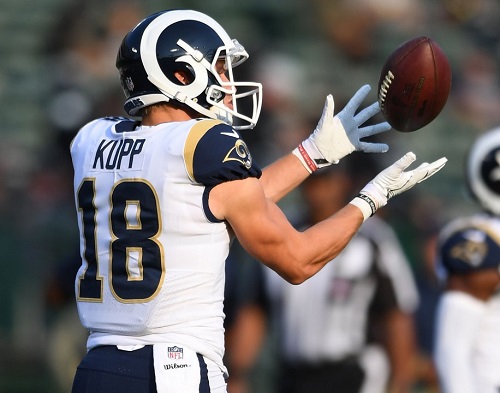
- Details
- John Adams
- NFL
As long as the targets keep raining down on Rams WR Cooper Kupp, he is a prime add in PPR Leagues to close out your fantasy season.
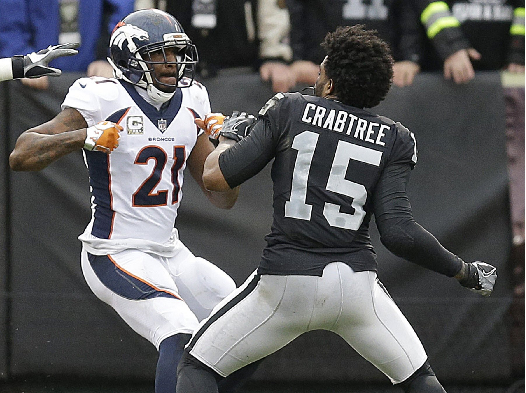
- Details
- Levi Andrew
- NFL
ASL’s Levi Andrew brings you a quick Weekend Wrap-Up, full of insights and add-drop advice.
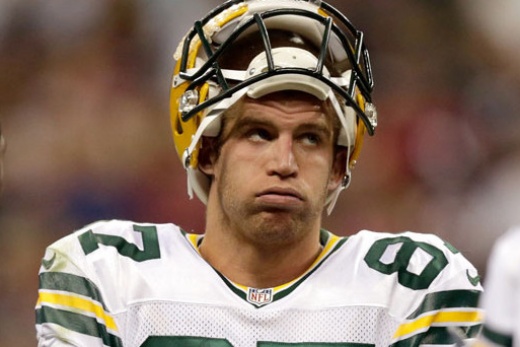
- Details
- AJ Schreiver
- NFL
The regular season is winding down, so check this week's Keep, Cut, Acquire to get your team into the playoffs.
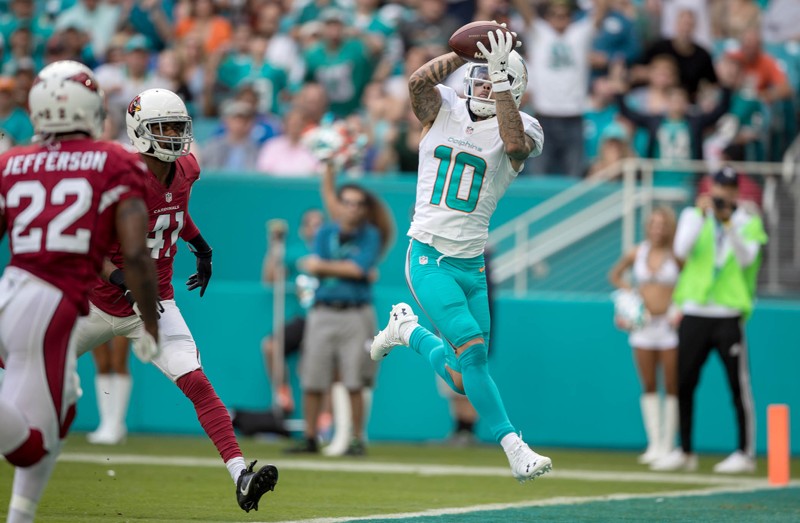
- Details
- Brian Murphy
- NFL
Check out these DraftKings bargains for Week 12's Sunday slate while eating your Thanksgiving leftovers.
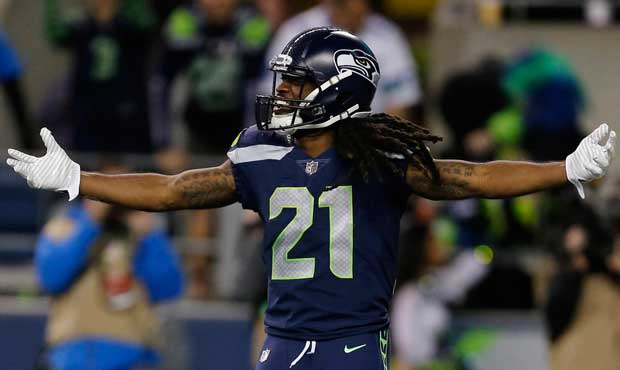
- Details
- AJ Schreiver
- NFL
ASL's AJ Schreiver fills in for Daniel Brown this week and provides you with six sleeper picks for the Thanksgiving weekend. But don't thank me; thank your leaguemates for sleeping on these potential breakout performers.

